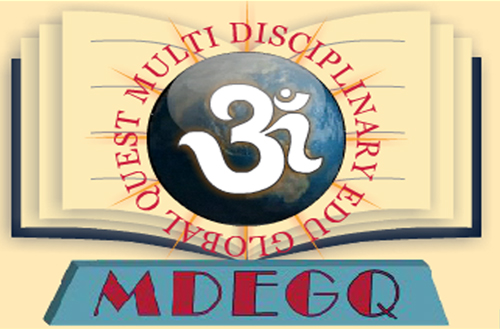Management is the process by which managers create, direct, maintain and operate purposive organizations through systematic, co-ordinate, co-operative human effort. The term ‘sound management’ is a phrase used to describe a practical situation, plan or control. Generally, sound management relates to management controls and the capable implementation of action. In the absence of sound management, the working of an organization will become random and haphazard in nature. Managing people is not an easy task.

Your International Online Journal